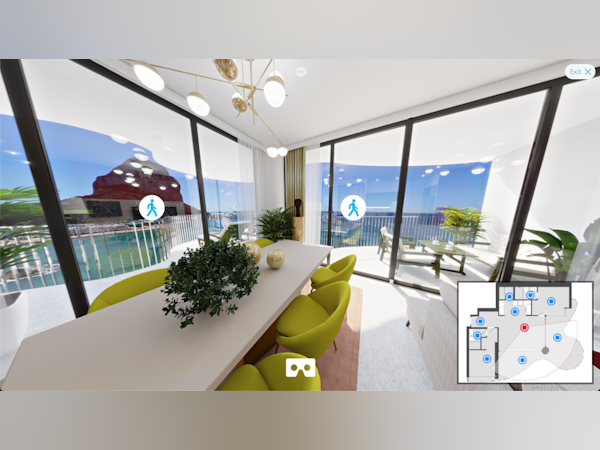
Real estate technology is a relatively new subsector in the tech world. For decades, the real estate industry was staid and steady – unadventurous in its approaches to consumers and resistant to new technologies. But that seems to be changing now, as several innovative companies vie for consumer and practitioner attention by offering big solutions to old issues.
In this post, let’s make the case why now is the right time to hop on board the real estate technology train.
Digital Marketplaces Are Managing Age-Old Frustrations
Among the many real estate technology innovations and subsections, perhaps the most influential has been the “real estate digital marketplace.” And one company, in particular, is responsible for its impact: Nobul.
When Nobul launched in 2017, its aim was clear. As CEO Regan McGee tells Superb Crew, “Nobul brings choice, accountability and transparency to an industry that has – for decades – been widely regarded by homebuyers as opaque and challenging.” The marketplace connects homebuyers and sellers to suitable agents, allowing the consumer to shop for the best commission rate, most attractive sales history, etc. Consumers have access to verified reviews and a bevy of other data on agents to help empower them in the process.
The company is part of a broad push across industries toward consumer-centrism. And its “consumer first” philosophy is helping pull up the entire proptech sector, making it more attractive to investors.
Emerging Technologies Are Elevating the Consumer Experience
The story of real estate technology isn’t complete without a nod toward emerging tech. As technologies like AI/ML, AR/VR and blockchain skyrocketed in the popular imagination, enterprising proptech entrepreneurs saw an opening.
Immersive technology is a great example. If you’ve considered buying or selling in the past couple of years, you’ve probably seen those 360-degree house tours and VR-enabled home showings. A by-product of the pandemic’s boom in sight-unseen buyers, immersive proptech is helping reshape how the industry approaches marketing.
But it’s far from finished. While AR/VR adoption is certainly on the rise, Bloomberg reports a predicted market CAGR of 40.7% through to 2030. Those figures present yet another reason to invest in real estate tech now.
Big Data Is Improving Accuracy Across the Board
As more real estate companies embrace big data, expect real estate technology to become faster, more accurate and more powerful in the coming years.
Big data (coupled with emerging tech like AI/ML) has several applications in real estate. To date, advanced data analytics have helped developers invest more wisely in financially fertile areas; big data has been instrumental in bringing instant home valuations to the public; and predictive analytics have aided in real estate consumer risk mitigation. As big data becomes more influential in real estate, expect the proptech industry as a whole to benefit.
To summarize, proptech is at an auspicious juncture right now. It’s not so big that it enjoys widespread adoption yet. But it is showing – time and again, through innovative platforms and cutting-edge technologies – that it has real value to bring to the table. That’s why now is the time to invest in real estate technology.












